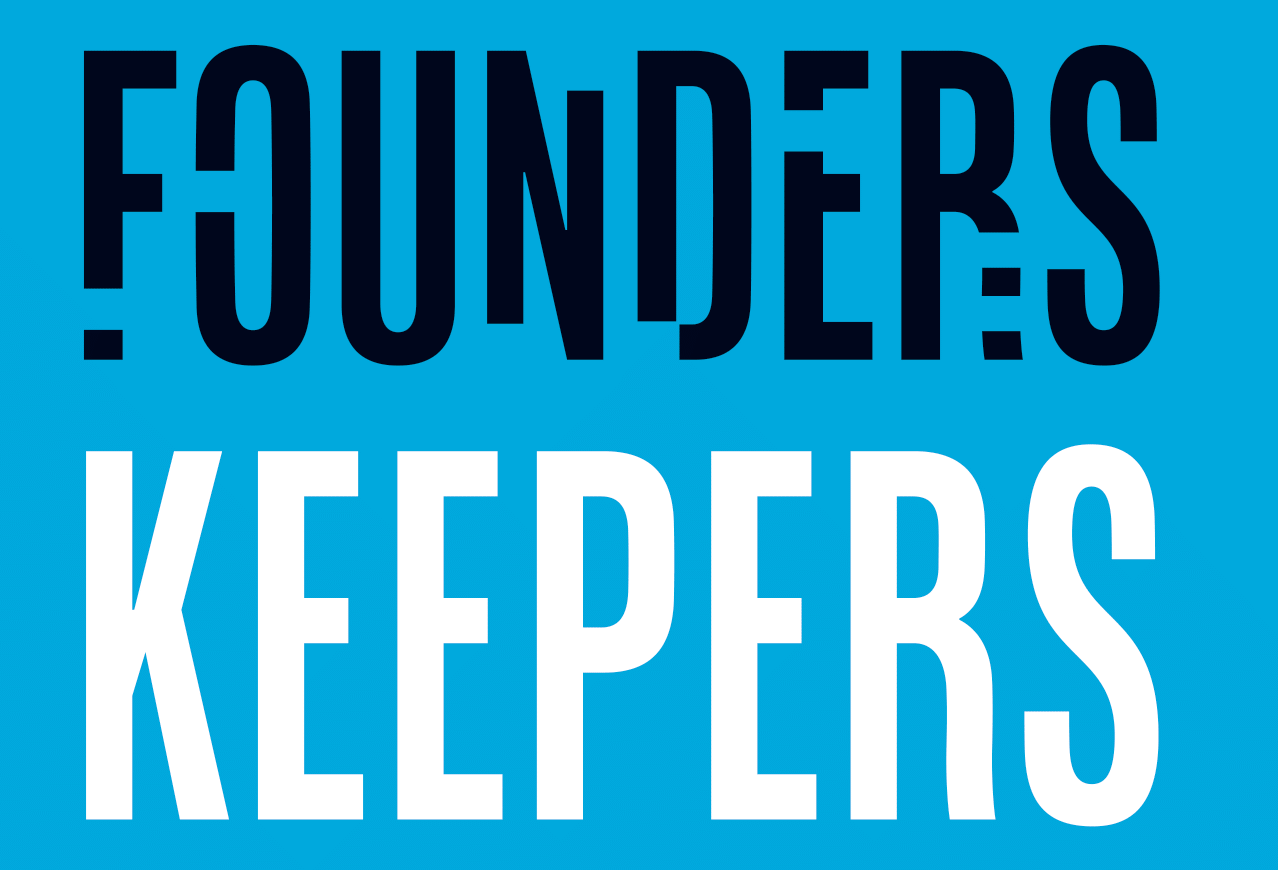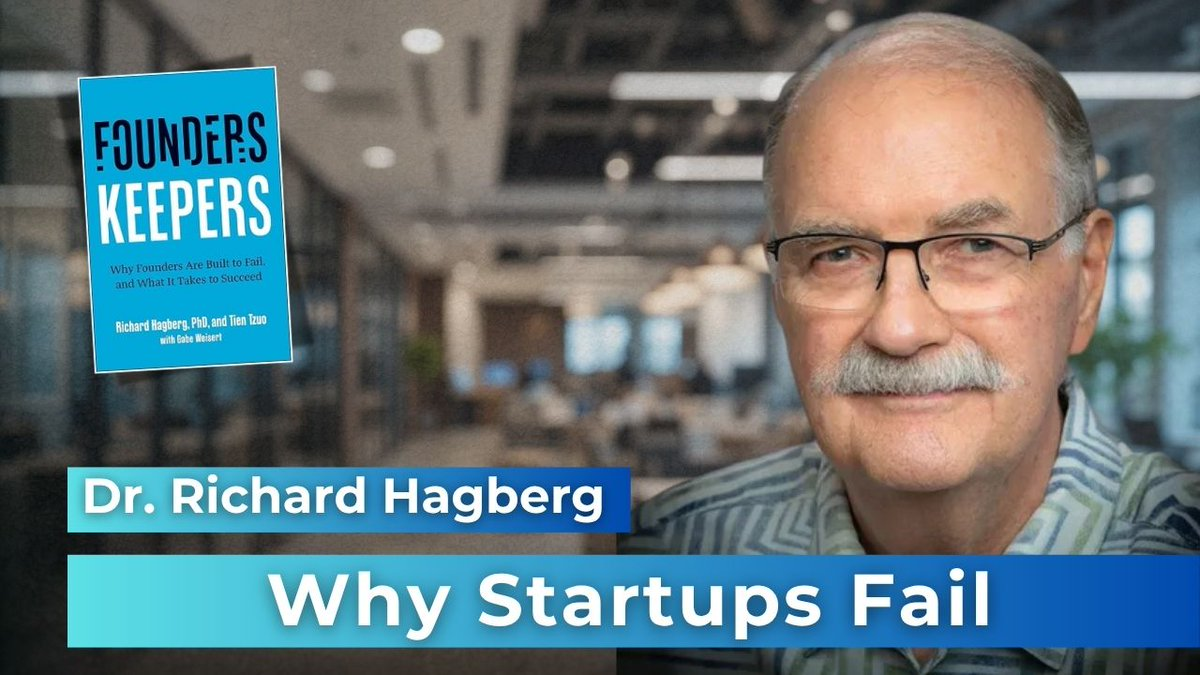Article
Why Startup Founders Are So Challenging to Coach—and How to Do It Right
October 10, 2024

Coaching startup founders is not for the faint of heart. These are individuals who are fiercely independent, relentlessly driven, and often unwilling to slow down long enough for reflection. Yet, if you can crack the code, the impact can be profound—not just for the founder, but for the entire organization. So why is it so tough to coach founders, and more importantly, how can you do it effectively?
Why Founders Are So Tough to Coach
Founders need coaches who can match their intensity, provide actionable insights, and help them unlock their potential—whether they realize it or not. If you’re up for the challenge, the rewards will be exponential.
Why Founders Are So Tough to Coach
- Independence Is in Their DNA
Founders have built their companies by trusting their instincts and defying the odds. This fierce independence often makes them resistant to feedback, especially when it comes from someone they perceive as an outsider. In their minds, if they’ve gotten this far, they must be doing something right. - They Don’t Have Time for You
With a relentless pace of work, founders are under constant time pressure. They’re balancing product development, investor meetings, and hiring decisions. Slowing down to reflect or develop themselves often feels like a luxury they can’t afford. - Confidence—Sometimes to a Fault
Many founders are incredibly confident, which is a double-edged sword. This self-assurance has helped them push through challenges, but it can also make them blind to their weaknesses. They’re often too busy driving forward to look in the rearview mirror and see the gaps in their own leadership. - Fear of Letting Go
Founders often have difficulty with delegation. The company is their baby and letting go of control—whether it’s handing off responsibilities or being open to coaching—can feel like a loss of identity or influence. The fear of losing what made them successful in the first place often makes them resistant to change.
- Deliver Tough, Data-Driven Feedback in Real-Time
Founders are data-driven by nature. If you want to get through to them, your feedback must be grounded in hard data or real-world impact. Use metrics, 360-degree feedback, or even operational outcomes to show them how their behavior is impacting the company. Don’t shy away from tough feedback; founders respect honesty, especially when it’s backed by data. If you can tie your insights to the bottom line, they’ll listen. - Balance Challenging Them and Supporting Them
Founders crave challenge, but they also need support. It’s a delicate balance. If you only push, they’ll resist or shut down. If you only support, they won’t grow. The best approach is to challenge their thinking in a way that provokes curiosity rather than defensiveness. Help them see blind spots while simultaneously offering solutions or pathways to improvement. Founders need to feel like you’re on their side, pushing them to be better while understanding the enormous pressure they’re under. - Offer Best Practice Insights, Especially to Inexperienced Founders
Not all founders come from business backgrounds. Some are first-time CEOs with brilliant ideas but little experience managing people or scaling operations. For these founders, bringing best practices from other startups or industries is invaluable. Share insights on delegation, leadership, and operational excellence. Help them build frameworks and processes where they may have gaps. Show them how seasoned entrepreneurs solve problems, and they’ll respect your practical, action-oriented advice. - Adjust to Different Founder Profiles
Founders are not a monolith. Some may be visionary and creative but disorganized; others may be highly technical but struggle with people management. Your coaching needs to be tailored to the specific strengths, weaknesses, and personalities of each founder. A one-size-fits-all approach won’t work. Whether you’re dealing with a highly extroverted, charismatic leader or a more introverted, analytical founder, understanding their individual challenges is key to breaking through. - Tap into the Conscious and Unconscious Motivations
Founders are driven by a mix of conscious ambitions (like scaling the business or disrupting an industry) and unconscious motivations (such as fear of failure, control, or the need for recognition). A skilled coach will dig into these deeper drivers. Ask probing questions to uncover what’s really motivating their decisions, behaviors, and resistance. Often, the very traits that make them successful—like their independence or drive—are also rooted in personal fears or unmet needs. Understanding this dynamic can unlock a new level of growth for the founder.
- Use Real-Time Feedback Loops: Don’t wait until the end of a session to give feedback. Founders operate in real-time, so your feedback should follow suit. Point out issues as they arise, and relate them to immediate outcomes.
- Focus on Quick Wins First: Founders need to see results. Focus on immediate, tangible improvements early on to build trust and credibility. Once they see that your coaching delivers, they’ll be more open to deeper, longer-term development.
- Be Direct, but Empathetic: Founders don’t have time for sugar-coating, but they also need to feel understood. Be brutally honest but do it in a way that shows you’re invested in their success. Empathy goes a long way in building trust, especially with leaders who often feel isolated.
- Drive Accountability:
Founders can be notoriously unorganized, which means accountability is key. Set clear goals, track progress, and hold them to their commitments. Many founders respect structure and metrics when it helps them grow.
Founders need coaches who can match their intensity, provide actionable insights, and help them unlock their potential—whether they realize it or not. If you’re up for the challenge, the rewards will be exponential.
share this
Related Articles
Related Articles

The Leadership Tightrope If you lead long enough, you start to realize something uncomfortable: everything that makes you effective also threatens to undo you. Your drive becomes impatience. Your confidence becomes stubbornness. Your empathy turns into guilt. The longer you lead, the more you realize that the job isn’t about choosing one trait over another — it’s about learning to carry both. That’s what maturity looks like in leadership. It’s not balance. It’s tension well managed. The False Comfort of Either/Or Most leaders crave clarity. We want rules. Playbooks. Certainty. Should I be tough or kind? Decisive or collaborative? Visionary or practical? The insecure part of the brain hates contradiction. It wants the “right answer.” But leadership lives in the messy middle — the place where both truths exist, and neither feels comfortable. The best leaders aren’t either/or thinkers. They’re both/and navigators. A Story from the Field I once coached a CEO who told me, “I’m torn between holding people accountable and being empathetic.” I said, “Why do you think those are opposites?” He paused, then laughed. “Because it’s easier that way.” Exactly. It’s easier to pick a lane than to learn how to drive in two at once. He eventually realized the real question wasn’t which side to choose, but when and how to lean into each. He became known as “the fairest tough boss in the building.” That’s the magic of integration — toughness with tenderness, vision with realism, clarity with compassion. Why Paradox Feels So Hard Contradictions feel like hypocrisy when you haven’t made peace with your own complexity. If you believe you have to be one consistent version of yourself — confident, decisive, inspiring — then every moment of doubt feels like fraud. But the truth is, great leaders are contradictory because humans are contradictory. You can be grounded and ambitious, humble and proud, certain and still learning. The work is not to eliminate the tension — it’s to get comfortable feeling it. The Psychology Behind It Our brains love binaries because they make the world simple. But complexity — holding opposites — is the mark of advanced thinking. Psychologists call this integrative complexity — the ability to see multiple perspectives and blend them into a coherent approach. It’s not compromise; it’s synthesis. It’s saying, “Both are true, and I can move between them without losing my integrity.” That’s where wisdom lives — in the movement, not the answer. Funny But True A client once told me, “I feel like half monk, half gladiator.” I said, “Congratulations. That means you’re leading.” Because that’s what the job demands: peace and fight, compassion and steel. If you can’t hold both, you end up overusing one until it breaks you. The Cost of One-Dimensional Leadership We’ve all worked for the “results-only” leader — brilliant, efficient, and emotionally tone-deaf. And the “people-first” leader — kind, loyal, and allergic to accountability. Both are exhausting. Both create lopsided cultures. When leaders pick a single identity — visionary, disciplinarian, nurturer, driver — they lose range. They become caricatures of their strengths. True greatness comes from emotional range, not purity. The Paradox Mindset Here’s how integrative leaders think differently: They value principles over preferences. They can be decisive without being defensive. They know empathy isn’t weakness and toughness isn’t cruelty. They trade perfection for adaptability. They’re the ones who can zoom in and out — from the numbers to the people, from the details to the meaning — without losing coherence. They’re not consistent in behavior. They’re consistent in values. That’s the difference. How to Practice Both/And Thinking Spot your overused strength. The strength that’s hurting you most is the one you lean on too much. If you’re decisive, try listening longer. If you’re compassionate, try being direct faster. Ask, “What’s the opposite quality trying to teach me?” Impatience teaches urgency; patience teaches perspective. You need both. Invite your opposite. Bring someone onto your team who balances your extremes — not a mirror, a counterweight. Hold paradox out loud. Tell your team, “This decision has tension in it — and that’s okay.” Modeling that normalizes complexity for everyone else. A Moment of Self-Honesty I’ve spent decades watching leaders chase “clarity” like it’s peace. But peace doesn’t come from eliminating tension. It comes from trusting yourself inside it. Once you accept that leadership will always feel contradictory, you stop fighting it — and start flowing with it. You don’t need to be the calmest, toughest, or most visionary person in the room. You just need to be the one who can stay whole while the world pulls you in opposite directions. Your Challenge This Week When you catch yourself thinking, “Should I be X or Y?” — stop. Ask instead, “How can I be both?” Then practice it in one small moment. Be kind and firm. Bold and humble. Fast and thoughtful. That’s where growth hides — in the discomfort between two truths. Final Word The best leaders aren’t balanced. They’re integrated. They’ve stopped trying to erase their contradictions and started using them as fuel. They’ve learned that leadership isn’t about certainty. It’s about capacity — the capacity to hold complexity without losing your center. That’s not chaos. That’s mastery
STAY UP TO DATE
GET PATH'S LATEST
Receive bi-weekly updates from the church, and get a heads up on upcoming events.
Contact Us










